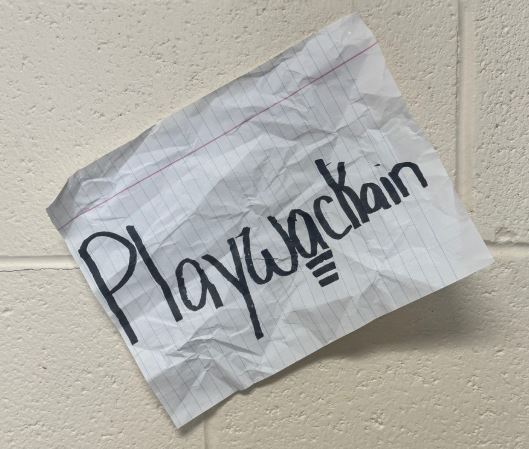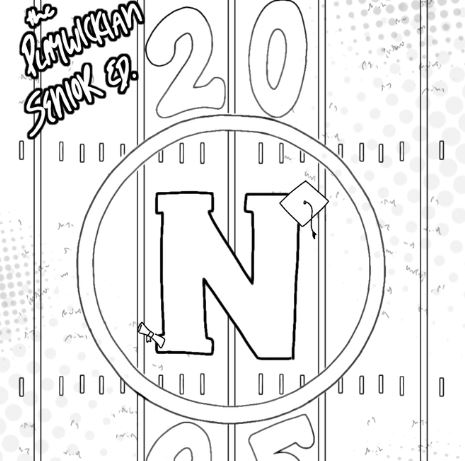This year, Neshaminy High School (NHS) has rolled out a new Keystone testing schedule, sparking mixed reactions from both teachers and students.
Keystone testing days have been adjusted to be more efficient. Instead of having the exams take place after a shortened day of school, full school days are dedicated solely to each Keystone test. Students who are not taking it will have asynchronous learning during the testing period.
“Not only is that a little break for students who get to have asynchronous days, but it helps the students that are here to really focus on that exam,” NHS English teacher Brianna Lunney observed.
The Keystone testing dates are as follows: Algebra on May 12, Literature on May 14, and Biology on May 16. Each testing day follows the same schedule—Module 1 runs from 7:30 a.m. to 10:00 a.m., followed by a lunch and brain break from 10:00 a.m. to 11:25 a.m., and concludes with Module 2 from 11:30 a.m. to 2:05 p.m.
“Last year we just had half days, and if you had Keystones, you stayed [while] other students left,” NHS Sophomore Alina Dubnytska said.
Having asynchronous classes eliminates distractions for Keystone takers that would have had to spend half a day in class before taking the test in prior years.
“[The original schedule] just made for a really long day for those that were taking the test and made it difficult to have to separate the test into two sections for the students,” Lunney reflected.
The roughly hour-and-a-half lunch/brain break allows students to have some time to relax between the modules. The Brain Break also allow for students to participate in sports and activities to get their energy out before resuming testing.
Additionally, a positive aspect of taking the Keystones is that those students won’t need to make up the asynchronous work for the day of their test.
“I’m glad I don’t have to make up any work,” NHS Freshman Megan Rubbo emphasized. It’s the last thing I would want to do after taking a Keystone.”
As the dates near, students should remember to take their time and try their best.
“Don’t be worried,” Alina Dubnytska suggested. “The Keystones are really not hard as long as you know the basics.”













